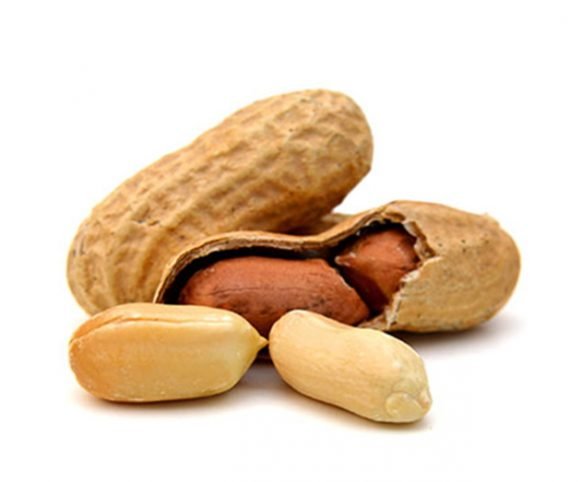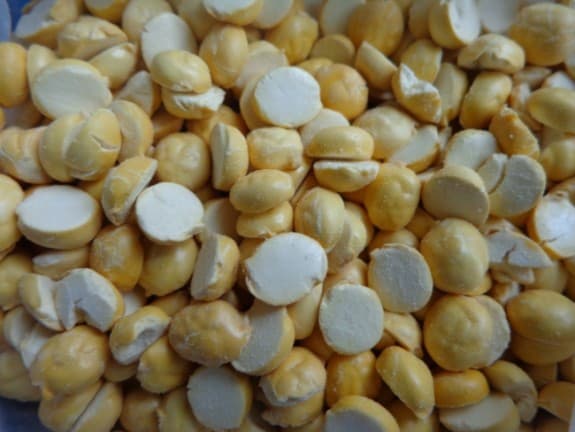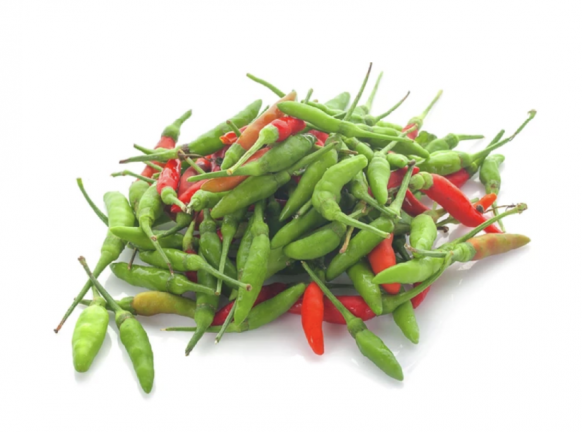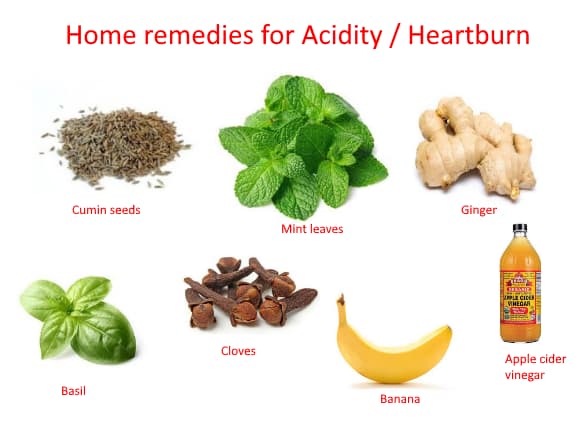Health benefits of Peanuts
Peanuts are the member of the legume family along with beans and peas, but they have all the properties of nuts like almonds, cashew nuts, etc. Protein, fat, and fiber are all abundant in peanuts. While peanuts contain a lot of fat, the majority of the lipids in them are considered “good fats.” These fats truly aid in the reduction of cholesterol levels. Since they are obtained from the ground, they are also called as groundnuts. These nuts are enclosed in a hard wrinkled outer shell and have to be broken to eat the seed inside. The seeds are egg-shaped and their size depends upon the cultivar type. These seeds have a thin brown skin and can be split into two parts like other legumes. Peanuts are easily available around the year and everywhere in India. It is one of the widely cultivated oil seeds and established principal commercial crop in China, India, African nations, and the United States of America.

Nutritional information
Peanuts are an excellent source of biotin, copper, manganese, niacin, molybdenum, folate, vitamin E, phosphorus, vitamin B1, and protein. It is a nutritious punch comprising of proteins, monounsaturated fats, vitamins, minerals, and anti-oxidants. They possess the nutritive qualities of both the legumes and nuts and hence offer several benefits for skin, hair, and health.
- Copper – 0.42mg
- Manganese – 0.71mg
- Vitamin B3 – 4.40mg
- Molybdenum – 10.77mcg
- Folate – 87.60mcg
- Biotin – 6.40mcg
- Vitamin E – 3.04mg
- Phosphorus – 137.24mg
- Vitamin B1 – 0.23mg
- Protein – 9.42g
Health benefits of peanuts
Improves memory
Peanuts are often called the” brain food” as they contain vitamin B3 or niacin which improves brain functioning and boosts memory. They also contain a flavonoid called resveratrol which helps in improving blood flow to the brain.
Good for Heart
The high levels of monounsaturated and polyunsaturated fats in peanuts helps to keep the heart healthy. Oleic acid helps to lower the LDL or bad cholesterol and increase HDL or good cholesterol level in the blood. Thus, they prevent coronary artery disease and strokes by promoting healthy blood lipid profile. Eating peanuts five times a week decreased heart disease and reduced the risk of diabetes, gallbladder disease colorectal cancer. Peanuts are included in the daily diet, which helps lower blood pressure.
Beneficial for pregnancy
Peanuts are a good source of folate. Eating peanuts during pregnancy can lower the risk of early pregnancy, allergic diseases like asthma, in children.
Prevents Cancer
Legumes like peanuts have a high concentration of a form phytosterol. These phytosterols protect against cancer by inhibiting tumor growth. Poly-phenolic anti-oxidants are present in the peanuts which have the ability to reduce the risk of stomach cancer by reducing the productions of carcinogenic nitrous amines.
Promotes growth
Peanuts are rich in proteins. The amino acids present in them are good for proper growth and development of the body.
Aids for weight management
Regular consumption of nut is associated with lower risk of weight gain. The combination of fiber, fat and protein content in peanuts makes them a high satiety food. They are also a good source of energy and help in increasing the metabolic rate. All these properties contribute to weight loss.
Good for skin
The heart-healthy monounsaturated fats and resveratrol play an important role in providing with a glowing skin. The high content of dietary fiber in peanuts helps in flushing out excess toxins, thus making the skin clear and flawless. Peanuts also contain vitamin C and vitamin E which can prevent signs of aging like wrinkles, spots, and fine lines. Being a powerful anti-oxidant, it is great for the skin, providing anti-aging benefits as well.
Prevents hair loss
Peanuts contain vitamin C which assists in the production of collagen that keeps the tissues of hair together. It also contains I-arginine which is used in the treatment of male pattern baldness while omega-3 fatty acids strengthen the hair follicles and promote hair growth.
Gallstone prevention
Frequent peanut consumption may cut the risk of gallstones in both men and women. Most gallstones are largely composed of cholesterol. Peanuts have the cholesterol-lowering effect and thus prevent gallstones.
Protect against Alzheimer’s and age-related cognitive decline
Regular consumption of niacin-rich foods like peanuts provides protection against Alzheimer’s disease and age-related cognitive decline. Those getting the most niacin from foods were 70% less likely to have developed Alzheimer’s disease. To boost the niacin intake is to snack on a handful peanuts provides about a quarter of the daily recommended intake of niacin.
Side effects of Peanuts
Aflatoxin poisoning:- Peanuts can be contaminated with a species of mold, which produces a toxic substance called aflatoxin. It can be effectively prevented by proper drying of peanuts after harvest and keeping temperature and humidity low during storage.
Anti-nutrients:-Peanuts contain a number of anti-nutrients, that impair the absorption of nutrients and reduce nutritional value. The anti-nutrient present in peanut is phytic acid which impairs the absorption of iron and zinc.
Peanut allergy:-People with peanut allergy should avoid peanuts and peanut products. Peanut allergy can be life-threatening in severe cases.





























